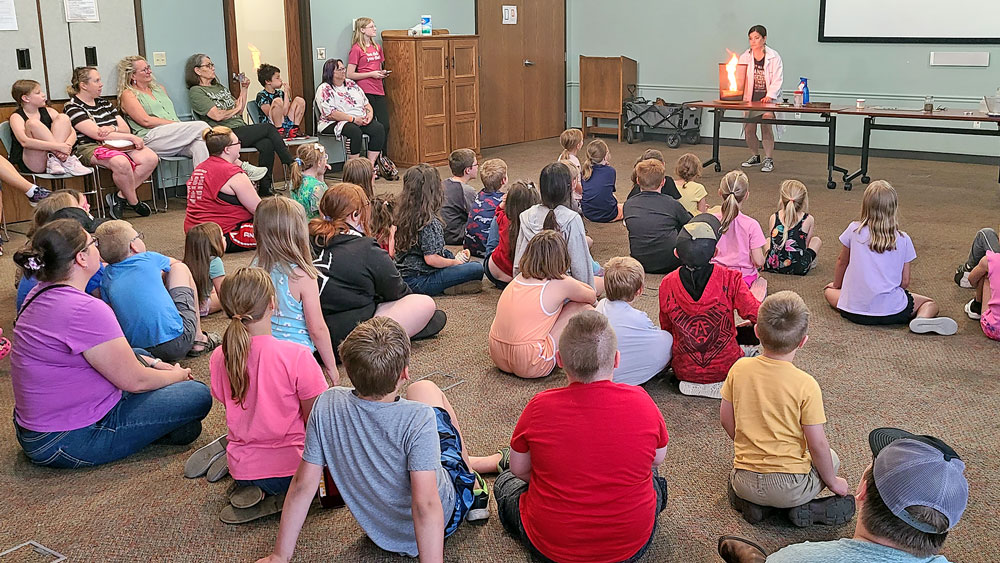Charles City Council considering changes for housing authority

By Travis Fischer, tkfischer@charlescitypress.com
The Charles City Council discussed the best way to balance efficiency and accountability for the city’s housing authority department during the council workshop meeting on Wednesday, July 26.
Housing Authority Executive Director Katie Nolte and CPA Brian Alten explained the situation and answered questions about the best way to manage housing authority financials without creating unnecessary burdens.
The Charles City Housing and Redevelopment Authority (CCHRA) was changed from an independent agency into a department of the city in 1994, giving the city greater oversight and control over it due to concerns then about financial management and nepotism when issuing contracted work.
Nearly 30 years later, this arrangement is resulting in an ever increasing amount of red tape as CCHRA must navigate and abide differing standards between federal, state and city regulations, Nolte said.
For all practical purposes, CCHRA is an independent entity funded by the U.S. Department of Housing and Urban Development (HUD), making it subject to federal rules and regulations. It receives no general fund money from the city , and federal money they receive can’t be used outside of their program.
At the same time, as a department of the city, CCHRA’s financials are inherently linked to the city and are largely handled by city staff. However, the accounting software used by the city is not compatible with the software used by CCHRA to report to HUD, requiring additional redundant manual data entry to meet HUD reporting requirements.
Likewise, CCHRA is subject to two different audits as it needs to be audited as a city department and independently to meet HUD requirements.
The additional work is costing an increasing amount of time and money for the CCHRA.
At a previous meeting, Nolte requested that the city approve allowing CCHRA to manage its own financials before the start of the new fiscal year, which would at least allow it to fully utilize the accounting software it uses when reporting to HUD. Since that time has passed, the question has since become whether the CCHRA should remain a city department or return to being an independent entity.
“We’ve lived with this for a long time in this way,” said council member Keith Starr, who initially questioned reducing the city’s ability to oversee CCHRA if it isn’t a city department.
“The person that gives us all our money says we aren’t a department of the city,” said Nolte.
Ultimately, the question became a matter of why CCHRA should continue to be a city department if it is functionally accountable to HUD in most of the ways that matter, with Mayor Dean Andrews, suggesting that the organization could operate more like the airport authority, which is overseen by a board appoint by the City Council and Floyd County Board of Supervisors, but is largely otherwise independent.
“You’re dealing with federal money anyway. You’re not dealing with our money,” said Andrews. “If we’re in charge, we want to be in charge. If we’re not in charge, we don’t want to be in charge.”
Reconsidering his own position, Starr considered the benefits of completely disassociating CCHRA from the city, reducing city staff’s workload in managing CCHRA financials and cutting the CCHRA staff from city insurance.
“Let’s cut this rascal loose then,” said Starr.
The exact details of how to decouple the CCHRA from the city would have to be worked out by the city attorney and more information will be presented at a future meeting.









Social Share